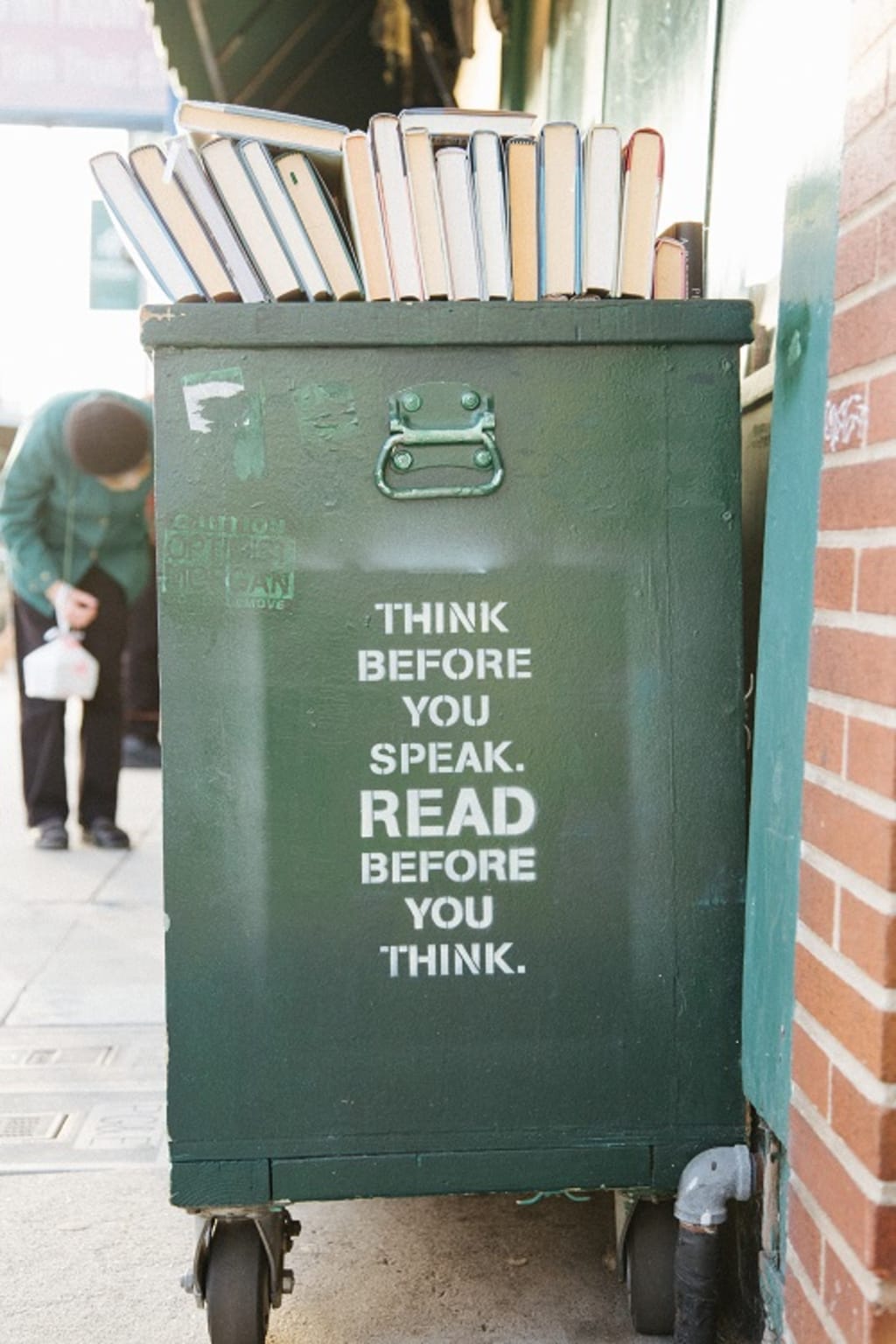What world would you create if you did not know your place in it in advance?
I remember reading "A Theory of Justice" by John Rawls many years ago. I don't remember most of the book, but its basic concept has been with me ever since. This article is not about John Rawls' theory. It's about the thoughts it sparked in me.

Who decides what's fair?
Justice is a big word. Why don't we replace it with fairness and see where it takes us? We consider something fair whenever no one has an unjustified advantage or disadvantage over another.
But the question of when an advantage or disadvantage is justified will always depend on our position in the world.
Anyone who has become wealthy through hard work and risk-taking will consider this state of affairs fair because he or she has done something to become rich.
But another person who is not rich will consider the wealth of the first person as unfair, because, for example, willingness to take risks is something in one's genes or not. Is it fair, this other person asks that only those who are willing to take risks have the chance to become rich?
Our whole capitalist social order was created and decided by people who were among the most assertive and efficient of their time.
This is more or less true for every country on earth because to get into the position of enacting universal rules and laws, you have to be a certain kind of person.
Nobody can simply forget or ignore his or her experiences and position in the world. Therefore, whenever we turn to the rules of our real world, we are guided by our respective self-interest.
Forgetting one's own role to rethink fairness
Rawls suggested that if we want to define a fair society from the ground up, we must put ourselves in an ignorant state of mind. All professors of philosophy, please forgive me for not being a trained philosopher and for using Rawls here only as an intellectual reference point.
The basic idea is that those who are to define a future social order should do so in a state of complete ignorance of their role in it.
If I do not know whether I will be a man or a woman, black or white, intelligent or stupid, hardworking or lazy or anything else, I must take all these possibilities into account.
The premise is that everyone involved in formulating the new rules does not want to be worse off than everyone else.
So how do you approach the formulation of general principles of a society in such a situation? Can I want a meritocracy if I do not know whether I will be efficient or weak?
Can I want privileges for a specific group if I do not know whether I will belong to that group?
These are just two obvious questions to ask yourself in such a situation if you don't want to wake up in a world where you are at the lowest level.
Moreover, not only do we not know our own position in the new society, but we also do not see the status of all other people.
It is not even clear whether there will be different skin colors, genders, or languages at all. The veil of not-knowing is all-encompassing in its original state.
Every little detail to be decided upon suddenly has potentially enormous implications for the well-being of the individual decision-maker.
So everyone will strive to establish a set of rules that will allow them the maximum amount of freedom, happiness, and prosperity, regardless of who or what they will exist as in this world.
Is a fair society possible?
The original state, according to Rawls, is a thought experiment that cannot directly be transferred to reality. No one can make decisions in ignorance of his or her own existence.
We human beings are subjective through and through and dominated by feelings. We always want the best for ourselves and our loved ones. Whoever does not belong in our circle is an outsider and therefore less important
.
Even when we realize that this is so, and we wish it were different, we cannot get out of our skin.
At the moment, parliamentary democracy still seems to be the best way of balancing the interests of many different individuals and groups and achieving compromises that everyone can live with.
But as long as we do not have a world government, thinking in terms of "us" and "the others" will never disappear. A world government is not in sight, however.
It is always the human ego that prevents the establishment of a fair society.
Perhaps one day, it will be possible to have an artificial intelligence simulate this primitive state. It would undoubtedly be fascinating to see what proposals for a fair social order this intelligence would come up with.
But until then, despite all our shortcomings, we can already try to approach a concept of a fair society by at least always thinking about the principle of the original state when we are looking for better ideas for the future.
A fair society may not be possible to the last consequence, but it is absolutely possible to get closer and closer to this society.
What kind of society would we have if its rules had been formulated in a state of complete ignorance?
I look forward to your thoughts on this in the comments.
About the Creator
René Junge
Thriller-author from Hamburg, Germany. Sold over 200.000 E-Books. get informed about new articles: http://bit.ly/ReneJunge
Enjoyed the story? Support the Creator.
Subscribe for free to receive all their stories in your feed. You could also pledge your support or give them a one-off tip, letting them know you appreciate their work.






Comments
There are no comments for this story
Be the first to respond and start the conversation.